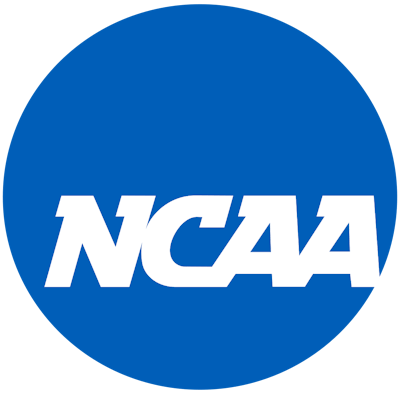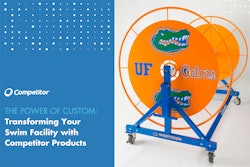
Less than one week after Judge Claudia Wilken approved the House v. NCAA settlement, a group of female student-athletes has filed the first appeal. The women’s appeal, which only targets the back-pay portion of the settlement, argues that the settlement violates Title IX.
According to Front Office Sports, the appeal is brought forward by eight female student-athletes from soccer, volleyball, and track and field programs at several schools. Kacie Breeding from Vanderbilt; Lexi Drumm, Emma Appleman, Emmie Wannemacher, Riley Hass, Savannah Baron, and Elizabeth Arnold from the College of Charleston, and Kate Johnson from the University of Virginia are all represented by Hutchinson Black and Cook.
Related: Future of Collegiate, Olympic Sports Uncertain in Wake of Judge's Approval of $2.8B House Settlement
The settlement plans to distribute $2.8 billion in damages to current and former college athletes who competed between 2016 and the present. However, sports like football and men’s basketball stand to have the biggest paydays. According to attorney Ashlyn Hare, non-revenue sports and women’s teams stand to lose out on $1.1 billion of the total amount due.
“The settlement suggests schools would have paid male athletes over 90% of their revenue over the past six years as though Title IX didn’t apply,” Hare said. “If Nike wants to do that, that is their choice. If the school, or a conference acting on the school’s behalf tries to do that, they are violating the law. They can either pay the athletes proportionately, or they can return all of their federal funds. But they can’t do both.”
Payments to all current and former student-athletes as a part of the back-pay program will be delayed until this appeal is resolved.
Throughout the lengthy approval process for the settlement, Judge Wilken addressed the Title IX concerns that were raised early in the process. In the end, she did not require changes to the back-pay plan based on gender because in her eyes, “the house settlement is an antitrust case, not a gender equity case."
For any future revenue sharing that university athletic departments pursue, there are no requirements for payments to be equitable. According to current laws, these revenue-sharing payments are not subject to Title IX.





































